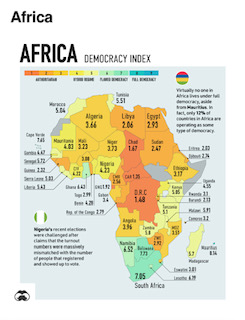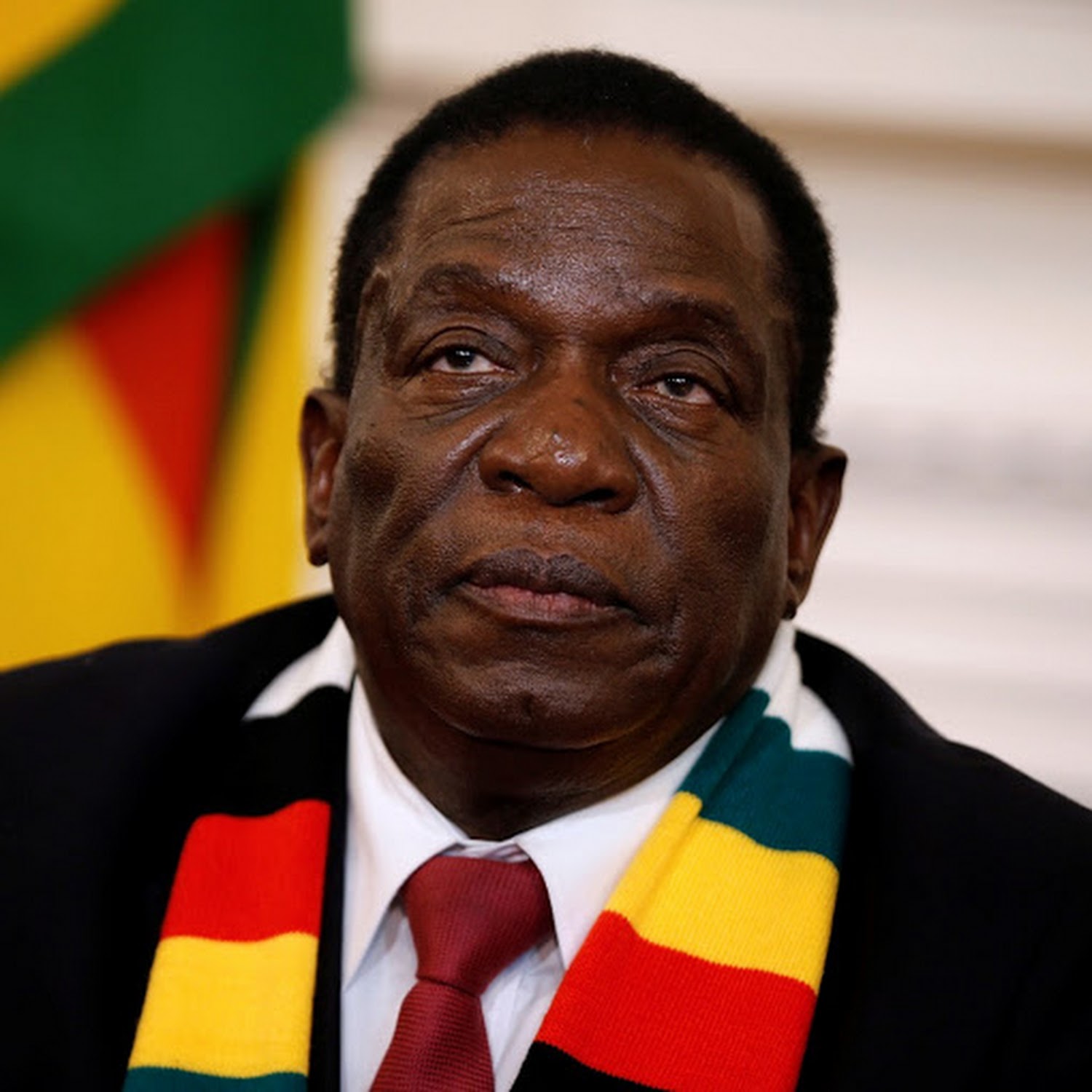Democracy levels in Zimbabwe are low, according to the most recent Democracy Index Report on the state of democracy throughout the world, which scored the southern African country 2.92 out of 10.
Compiled by the Economist Intelligence Unit (EIU), the report methodology measures democracy by assessing 60 indicators across five key categories: Electoral process and pluralism; Political culture, Political participation, Functioning of government and Civil liberties.
Each category has a rank of zero to 10 based on how the indicators fared, and the overall democracy score is an average of each of the five categories.

Analysts in Zimbabwe said the country’s score of 2.92 was not surprising, pointing out that the ‘Second Republic’ led by President Emmerson Mnangagwa has made little progress in expanding democracy while state security forces and state institutions continue committing major human rights violations.
“We have seen torture, abductions and arbitrary arrests of political opponents, journalists, activists and government critics. As we speak, an opposition member of Parliament, Job Sikhala is in prison and has marked a year in prison having been denied bail for speaking out against murder committed by a Zanu PF member,” said Bernard Magugu, a political analyst.
Magugu added Zimbabwe’s constitution has also been violated several times, while the judiciary that is supposed to protect it has been captured.
“This is frightening because, at the end of the day, you have to ask ‘who will protect you,’” he said.
Another political analyst, Patrick Ndlovu said Zimbabwe’s economic stagnation is increasingly creating a sense of despondency among ordinary people.
“The government is struggling to control inflation and deal with the country’s volatile exchange rate and price hikes,” he said, indicating that the upcoming elections could have reignited hopes of Zimbabweans but the opposition was also “crawling.”
“The opposition has been under attack from the State, has been restricted from campaigning and worryingly, the opposition itself is in disarray with internal squabbles and have not finalised their candidates because they are trying to manage their egos. The country desperately needs change but when will that change come when there is no democracy.”
Meanwhile, according to the Democracy Index Report, only eight percent of the world’s population lives in a fully functioning democracy.
Although the worldwide democracy index score improved somewhat in 2022, it is still at its second lowest point since tracking began in 2006, with the global average falling from 5.52 to 5.29.
Mauritius is the only full democracy in Africa while 12 percent of African countries are operating as some type of democracy as a whole, the continent is one of the lowest-scoring areas, as only five of the 54 countries are classified as democratic.
The report further stated 37 percent of people live in some type of “flawed democracy”, while 55 percent of the world does not live in democracy at all, citing events such as the war in Ukraine and restrictive, long-lasting Covid-19 measures have caused numerous declines to country democracy scores in recent years.

